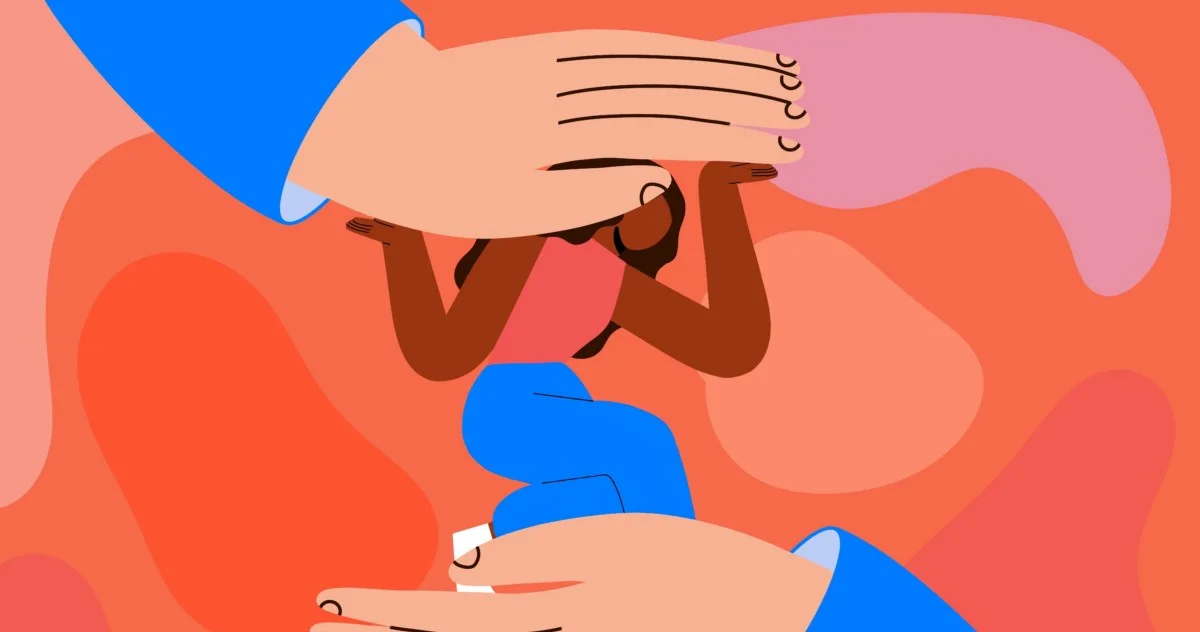Misogyny, or the hatred and prejudice against women, is a pervasive issue in our society. It manifests itself in many forms, from overt discrimination to subtle microaggressions. While it is often attributed to external factors such as societal norms and media representations, the reality is that misogyny can also come from within our own homes.
This is not to say that all men are misogynistic or that misogyny is solely a male problem. Women can also internalize and perpetuate misogynistic attitudes and behaviors. However, the focus of this article is on how misogyny can be perpetuated within households, particularly by male family members.
One way this happens is through the reinforcement of traditional gender roles. Boys are often taught from a young age that they should be strong, dominant, and unemotional, while girls are taught to be nurturing, submissive, and emotional. These rigid gender roles can lead to the belief that men are naturally superior to women and that women should be subservient to men. This can lead to a lack of respect for women and their autonomy, and even to acts of violence and abuse.
Another way misogyny can be perpetuated within households is through language and behavior. Derogatory terms like “bitch” and “slut” are often used to shame and belittle women, while sexual harassment and assault are dismissed as “boys being boys.” These attitudes and behaviors can be passed down from generation to generation, creating a cycle of abuse and violence.
The media we consume can also play a role in perpetuating misogyny within households. Pop culture often portrays women as objects of male desire, reinforcing the idea that women’s worth is tied to their physical appearance and sexual availability. This can lead to a lack of respect for women and their right to autonomy and agency.
So, what can we do to address misogyny within our own households? One important step is to have open and honest conversations about gender roles, language, and behavior. We can challenge traditional gender roles and work to create a more equitable society. We can also be mindful of the media we consume and its impact on our attitudes and beliefs.
It’s important to remember that misogyny is not just a problem “out there” in the world. It can be present in our own homes, and it’s up to us to address it. By challenging harmful attitudes and behaviors, we can create a safer and more equitable world for all.




